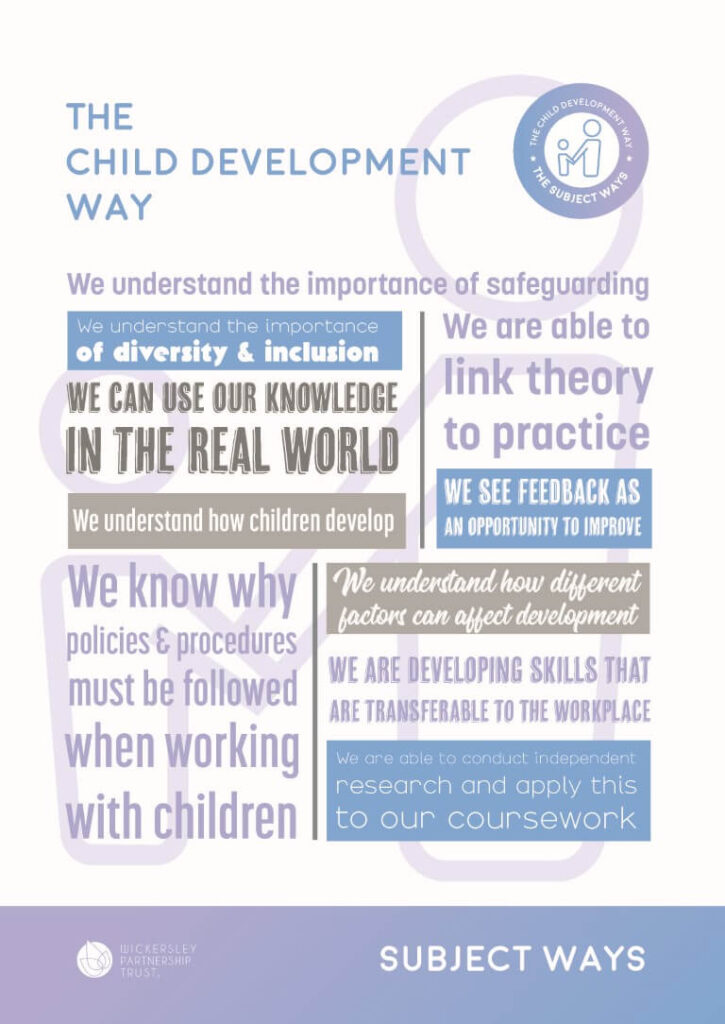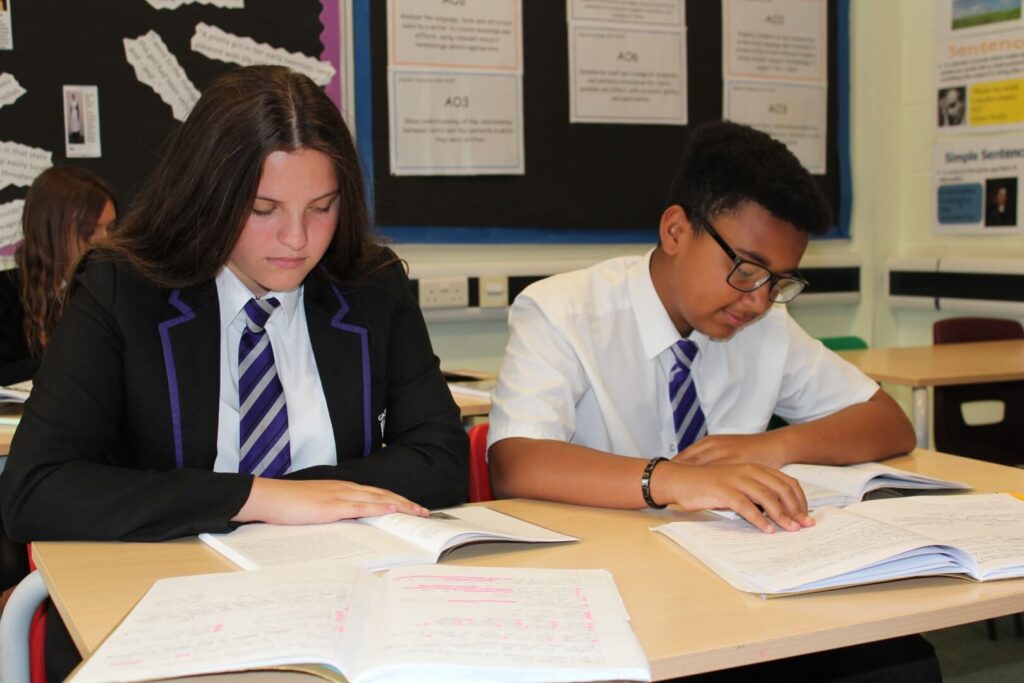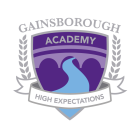Curriculum
Child Development
Subject Staff
Mrs Burgin
Miss Douglas
The Child Development Way
Our subject has a ‘Subject Way’ at the heart of it. Our Subject Way is designed to help students become young subject specialists. The Subject Way has two main purposes:
Firstly, to teach students the vital skills they need to achieve their full potential and gain the very best grades they can. Secondly, to teach students how each subject relates to the wider world, incorporating the life skills they will learn.
It is our belief that knowing how what you learn links to the wider world, brings a subject to life and therefore improves overall understanding and engagement.

Curriculum Intent
We aim to ensure our Child Development curriculum is designed to sequence learning and embed the key skills that are required to develop curious students into competent individuals with a sound knowledge base of Child Development and Care from pre-conception through to the age of 5.
Child Development is a broad subject that allows pupils with an interest in areas such as an understanding in how children develop, roles and careers within the child care sector, how pregnancy develops or even simply how to be a parent to explore and understand the skills and attributes that you need for this. Within the Child Development curriculum pupils will start at preconception with understanding the roles and responsibilities of parenthood right the way though to a child being 5 and starting at school. Knowledge gained in childcare would be of use for further studies in PHSE, Biology, and other social science qualifications.
INTENTION 1 – The removal of barriers to learning
In Child Development we remove barriers to learning and support students’ ability to access the curriculum through the development of literacy through writing up coursework using real life scenarios and the use of targeting questions to help pupils write up their work. Literacy misconceptions do not go unchallenged and work is regularly checked for literacy errors allowing pupils to grow in confidence within literacy and access the skills required. Within Oracy pupils are given the opportunity to read widely through researching a variety of information that they can include in their coursework such as the government white paper guidance on the Eatwell Plate and develops pupils oracy and vocabulary skills through group work. Students will be given key vocabulary to support their learning and there will be reciprocal reading based around Child Development topics.
INTENTION 2 – Developing skills for learning
Throughout the Child Development curriculum students will develop creative skills by applying knowledge to different scenarios. Students will also be learn to recall information and apply them to different situations. As part of Child Development pupils will create and take part in creating and evaluating activities. Pupils are encouraged to practice divergent thinking when applying knowledge to different scenarios.
INTENTION 3 – Fostering personal attributes
Aspects of the School Way are built into the Child Development curriculum. Students will develop independence skills by undertaking and completing assignments. Independence and Resilience skills will also be developed by students learning how to develop their ideas. Overall, students will be able to develop fundamental Child Development skills which will allow them to be responsible citizens in and out of The Gainsborough Academy.
INTENTION 4 – Enriching student experiences and broadening their horizons
Childcare is a subject that naturally goes beyond the classroom. Students are given a range of opportunities to broaden their horizons in the Child Development curriculum. Students will get the opportunity to hear from real Early Years practitioners and other job roles who work with young children including midwives as part of the course to gain real life experiences. Students also will get practical experience through the use of demonstrations and practical activities. All students will also get the opportunity to visit a foundation stage classroom and work with children under 5.
A number of our students in the past have chosen to volunteer at various childcare providers and we work closely with the careers team within school to help students who want to find voluntary positions. A number or our students have also secured part time employment in various childcare settings due to studying this course. Child Development is a popular subject to study at Level 3 with a number of our students leaving to study it at college level.

Curriculum
Key Stage 3
Using KS2 results, students are placed in sets on entry to school. Students have three 80 minute English lessons each week. The topics studied build on previous skill sets and develop in difficulty, as we start with a review of primary skills and build up to GCSE and A Level. The department uses regular assessments and ‘sticker tasks’ to assess the understanding that students have developed and address any misconceptions, thus allowing us to plan their next steps and meet their needs more effectively. Each assessment will be followed by a bespoke intervention task for each student, allowing them to work on and improve in any areas they may struggled with.
We have three driving themes which students will study and return to each year: Power, Relationships and Identity. From Year 6 rollover into Y7 and Y8, students will study five different texts writing skills and produce descriptions, narratives, articles, speeches and poems. The text choices are:
- The Boy at the Top of the Mountain by John Boyne
- My Sister Lives on the Mantelpiece by Annabel Pitcher
- Noughts and Crosses (the play) by Malorie Blackman
- Animal Farm by George Orwell
- Romeo and Juliet by William Shakespeare
Across Y7 and Y8, students have one lesson of Drama incorporated into every sixth lesson of English. As a vital part of developing students’ oracy skills, Drama and English specialists work together to build these links across our joint curriculum. This includes developing role play to empathise with characters from the texts, and effective presentational talk.
From Y9, students will then move to three blocks of thirteen weeks of study. Alongside the reading of these texts, students will return to previous writing skills in addition to writing letters and travel writing.
- A Christmas Carol by Charles Dickens
- A Gothic Anthology of extracts including Edgar Allen Poe
- Othello by William Shakespeare
Key Stage 4
All students have four lessons of English per week leading towards their two GCSEs in English Language and English Literature (AQA). Students have regular topic tests and these, alongside homework, allow staff to check the ongoing understanding of the students. The use of mock exams in Y10 and Y11 allows students to be comfortable and confident in an examination setting, as well as helping them to target their revision more effectively.
English Language
The English Language qualification consists of two examinations which assess students’ reading and writing skills. Across the two examinations, students read and comment on fiction and non-fiction texts from a range of time periods. The skills of retrieval, inference, analysis, evaluation, synthesis and comparison are essential aspects of the course. Students are also required to use these texts as inspiration to write creatively. Students are asked to write for different purposes, such as writing to describe, narrative, argue and explain. Students are assessed on their ability to write for purpose, use language, structure their writing and be accurate.
English Literature
The English Literature qualification also consists of two examinations, and students study texts across a range of genres. Our chosen Literature texts are Macbeth by William Shakespeare; An Inspector Calls by J.B. Priestley; Strange Case of Jekyll and Hyde by R.L. Stevenson; and the Power and Conflict poetry anthology. Students are therefore given the opportunity to read texts across different time periods and continue to learn about significant themes, some of which they have already encountered at Key Stage 3. Students learn to analyse writers’ methods, make interpretations, use evidence and link to wider ideas and concepts.
Our Curriculum
In Year 9 our students are introduced to the key topics and understanding in Child Development. They gain knowledge in pregnancy, parenting and developing skills to plan an activity suitable for a child. This year 9 curriculum acts as a foundation to support further study in childcare but also supports learning in other Key Stage 3 subjects such as Health and Social Care, PSHE and Science.
Students in Child Development develop key writing skills that will ensure they are ready for their next stage of learning such as being able to outline and identify key parts of the topics. They then learn how to describe using key vocabulary from childcare. A final key skill we look at is explaining and justifying topics. For example we explain and justify the importance of the different roles and responsibilities of parenthood.
Department Staff
D Burgin
C Douglas
Find out more
If you would like more information about our curriculum, please contact the school using the details on our contact page.
Our Subjects at KS4
CORE SUBJECTS
EBACC SUBJECTS
OPTION SUBJECTS


